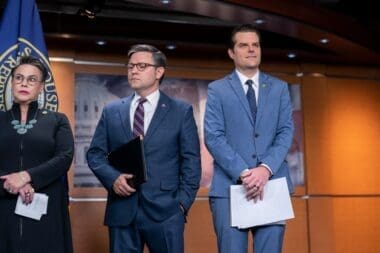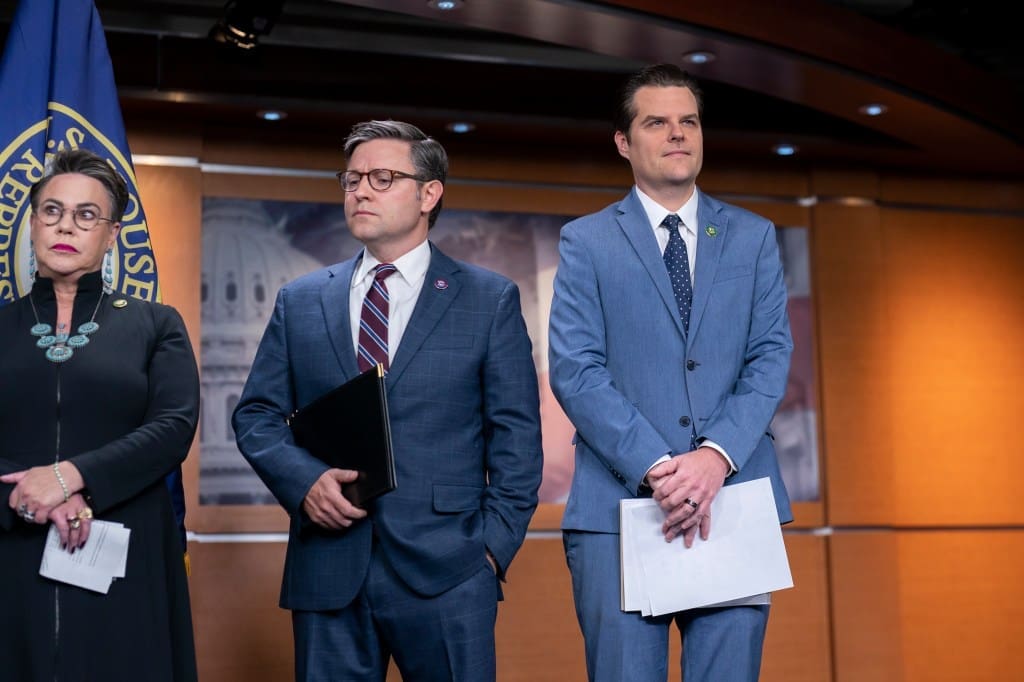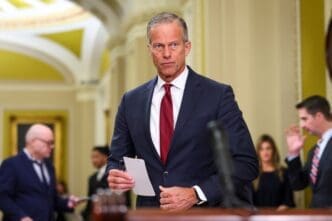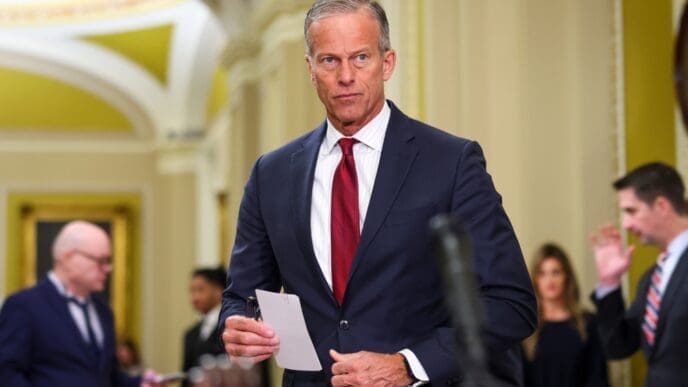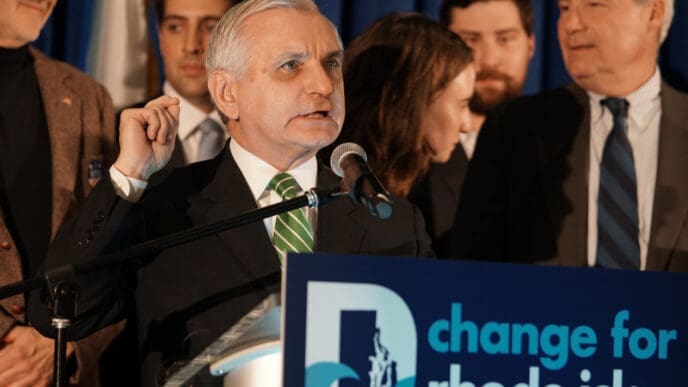The U.S. House Committee on Ethics faces mounting pressure to release a contentious report concerning former Representative Matt Gaetz, igniting debates over transparency and protocol.
In a move considered crucial for upholding ethical standards within the U.S. government, the House Committee on Ethics has been urged to release a potentially damaging report on former Representative Matt Gaetz. Gaetz, a notable figure allied with Donald Trump, resigned abruptly, ending the committee’s jurisdiction over him. Despite this, the report allegedly contains critical evaluations of Gaetz’s conduct during his tenure in Congress, raising questions about his suitability for any future governmental role.
Former Speaker Kevin McCarthy’s ousting, spearheaded by Gaetz, adds another layer of complexity to the current Speaker Mike Johnson’s stance. Johnson declared that releasing the report would breach protocol, a claim met with skepticism given the public’s right to information about their elected officials. This report, funded by taxpayers, scrutinizes Gaetz’s alleged misconduct, including drug use, misuse of campaign funds, and inappropriate behavior in a congressional setting.
The ethical examination of Gaetz included testimony about events that purportedly involved illegal activities, such as sexual misconduct. Although the Department of Justice refrained from pressing charges, the ethics committee’s findings remain pertinent to evaluating Gaetz’s fitness for holding any future legal or political authority.
There is a historical precedent for releasing such reports, underscored by cases like the 2006 investigation into former Representative Mark Foley. In instances where public interest prevails, transparency has been prioritized over procedural concerns, suggesting that the current ethical review merits similar treatment.
Furthermore, Gaetz’s proposed appointment as Attorney General underlines the necessity for due diligence. Public accountability is paramount, particularly when the individual’s past actions may impact national institutions like the FBI and Justice Department. As the ethics committee deliberates, many argue that withholding the report could undermine public trust.
The implications extend to broader political dynamics. Trump’s selection of Gaetz and other controversial figures for key positions reflects a strategy to consolidate power, pressing Congress to uphold constitutional checks and balances. The debate over the report’s release is as much about maintaining institutional integrity as it is about individual accountability.
As the House Committee on Ethics prepares for its upcoming meeting, the call for transparency and accountability in government proceedings takes center stage. Releasing the report on Matt Gaetz will not only address public demands for transparency but also reinforce the ethical oversight responsibilities that are crucial in preserving the integrity of democratic institutions.
Source: Sun-sentinel

